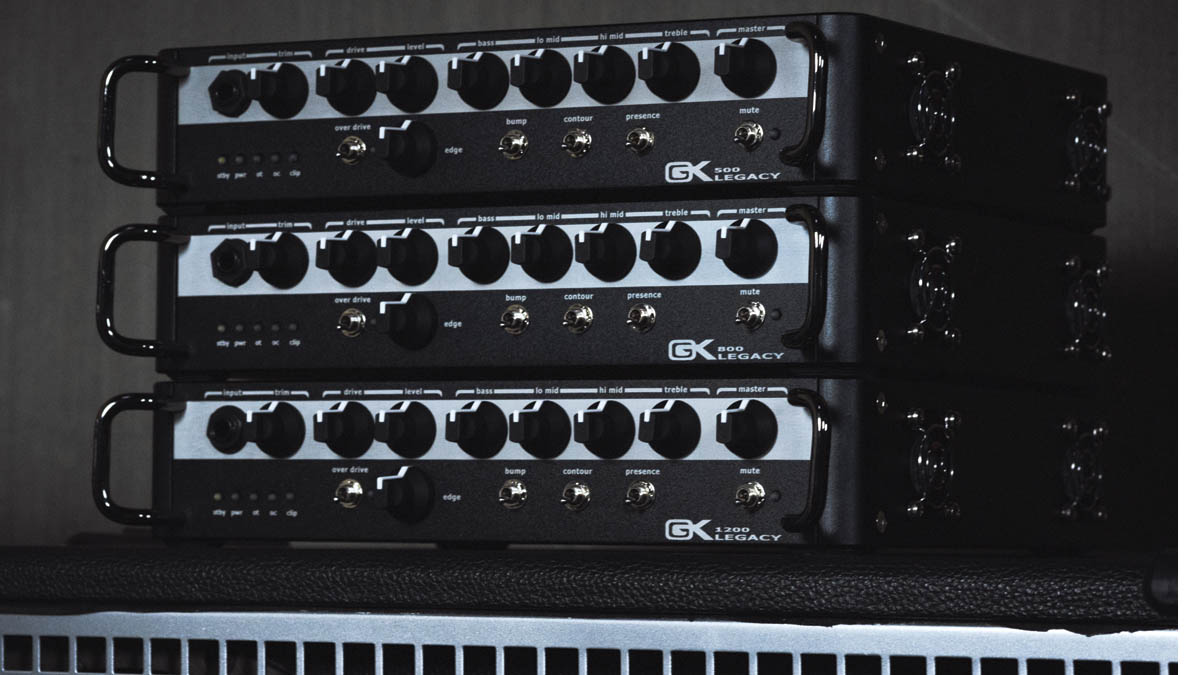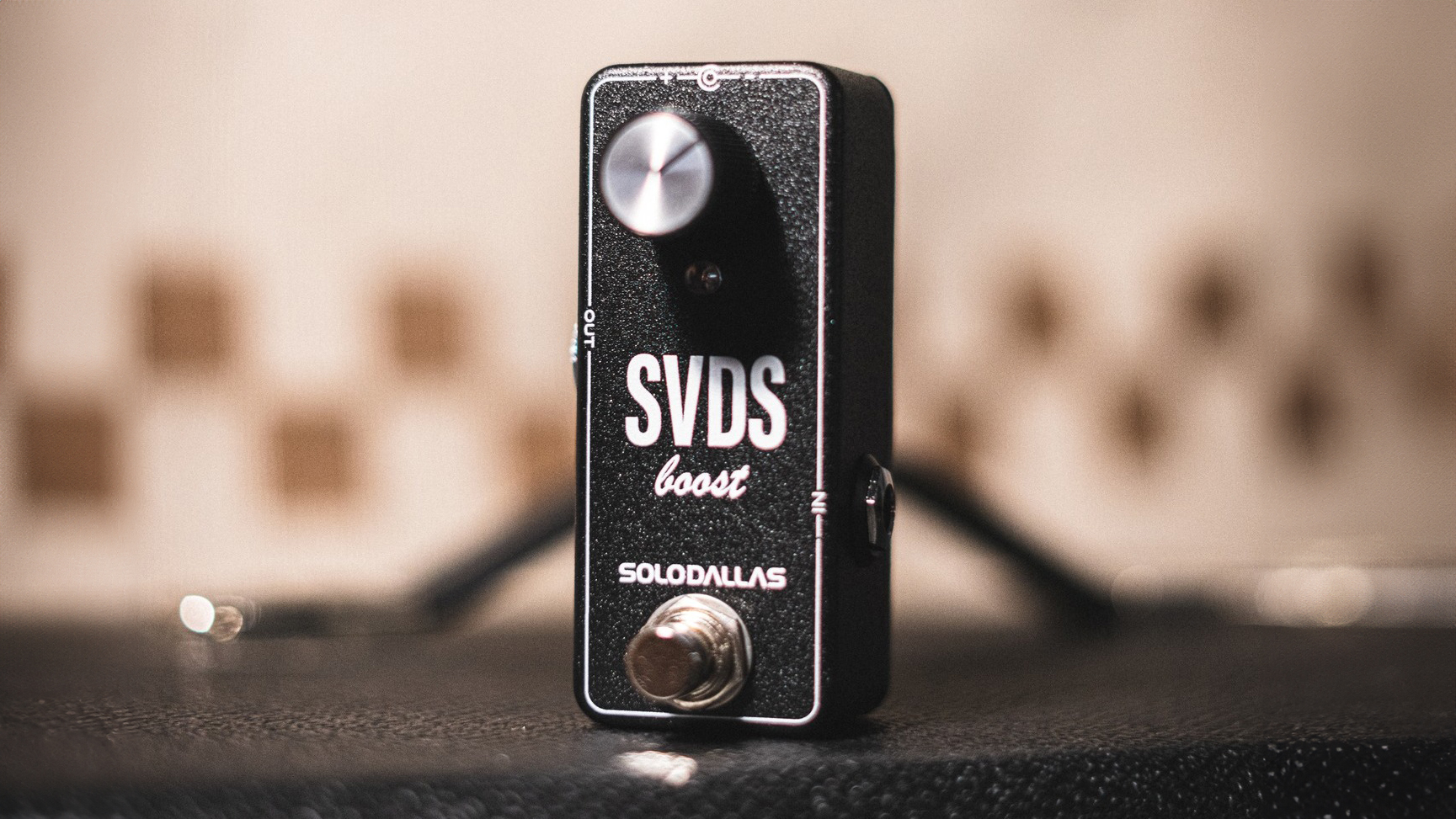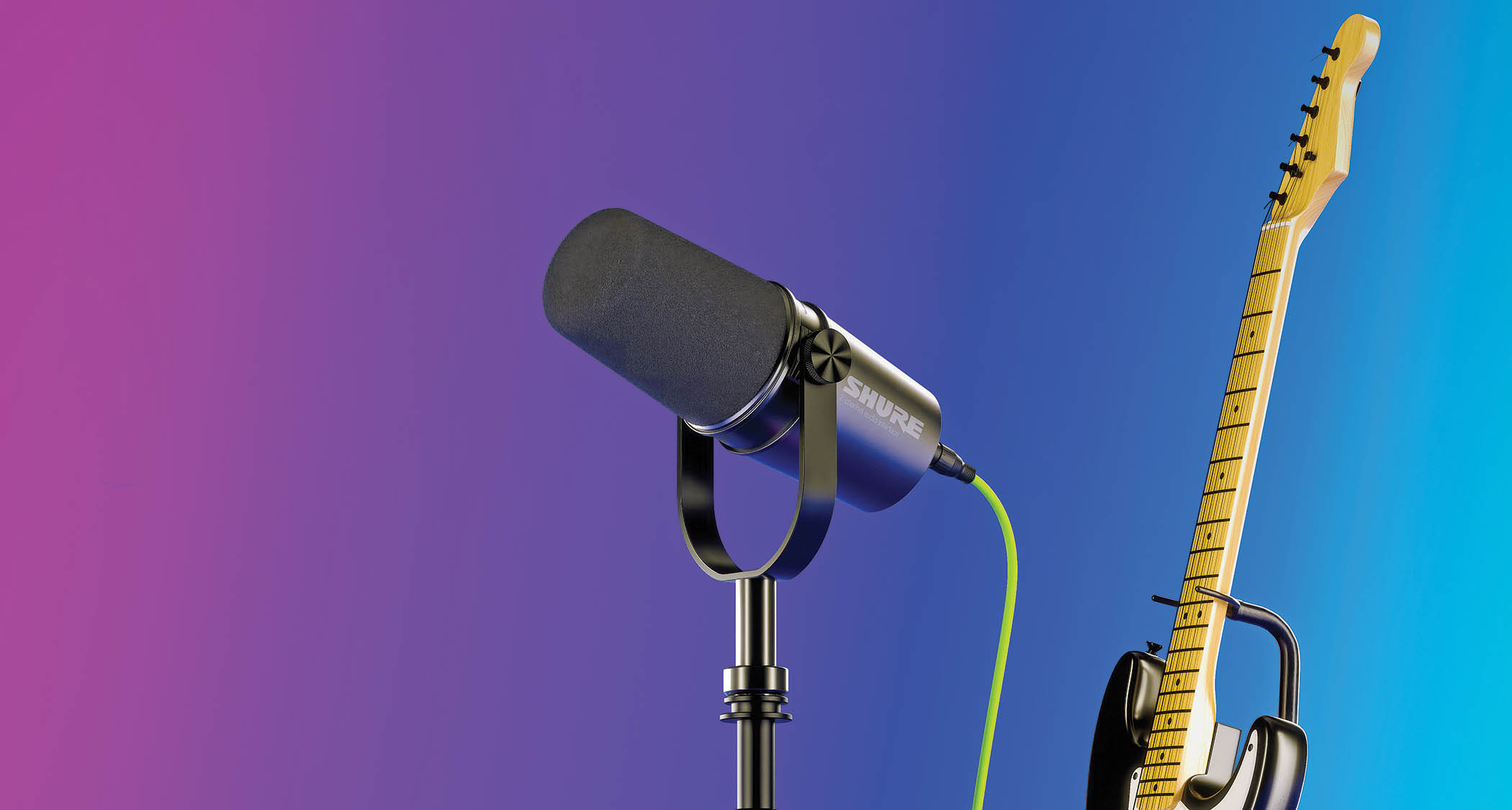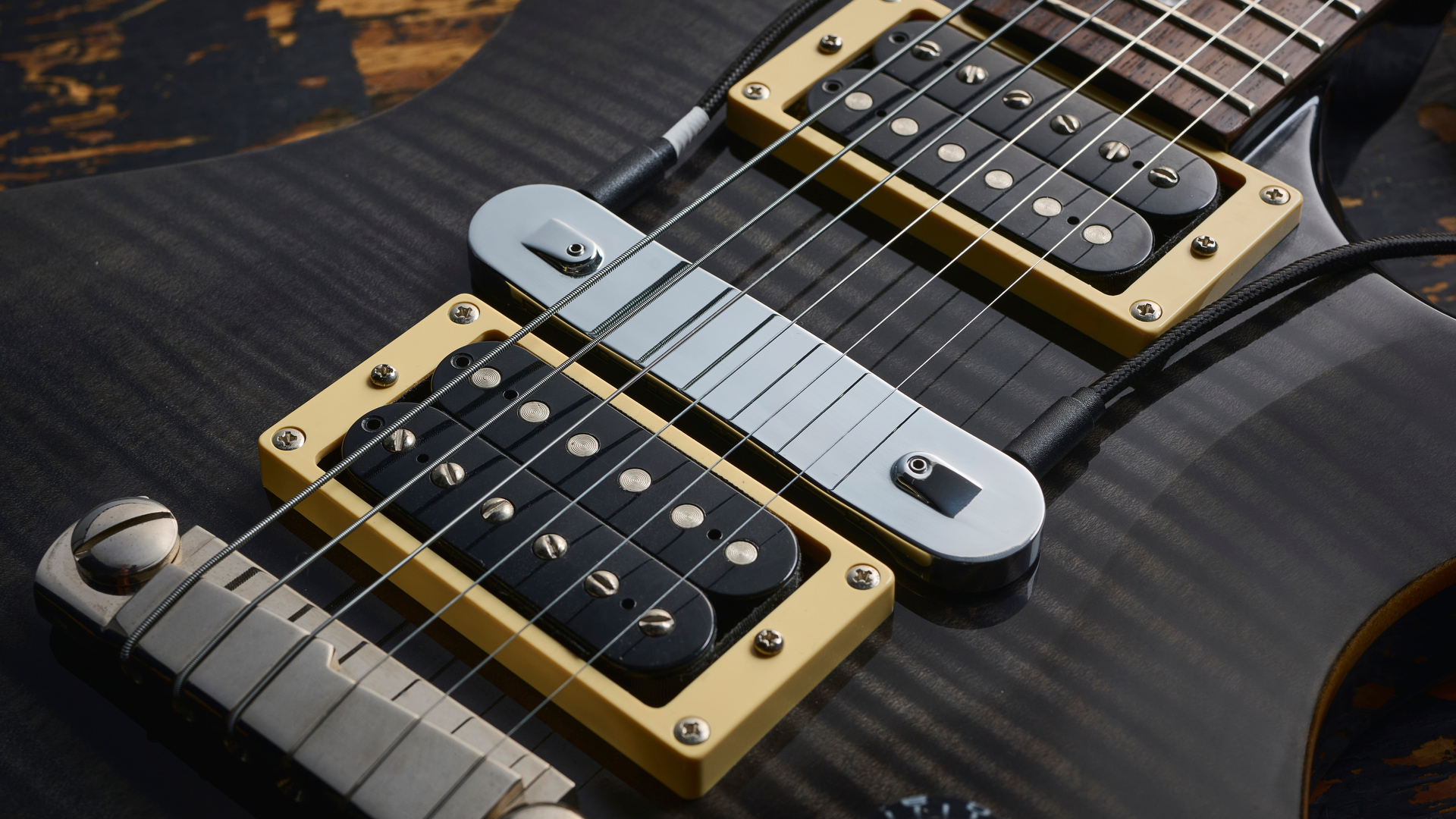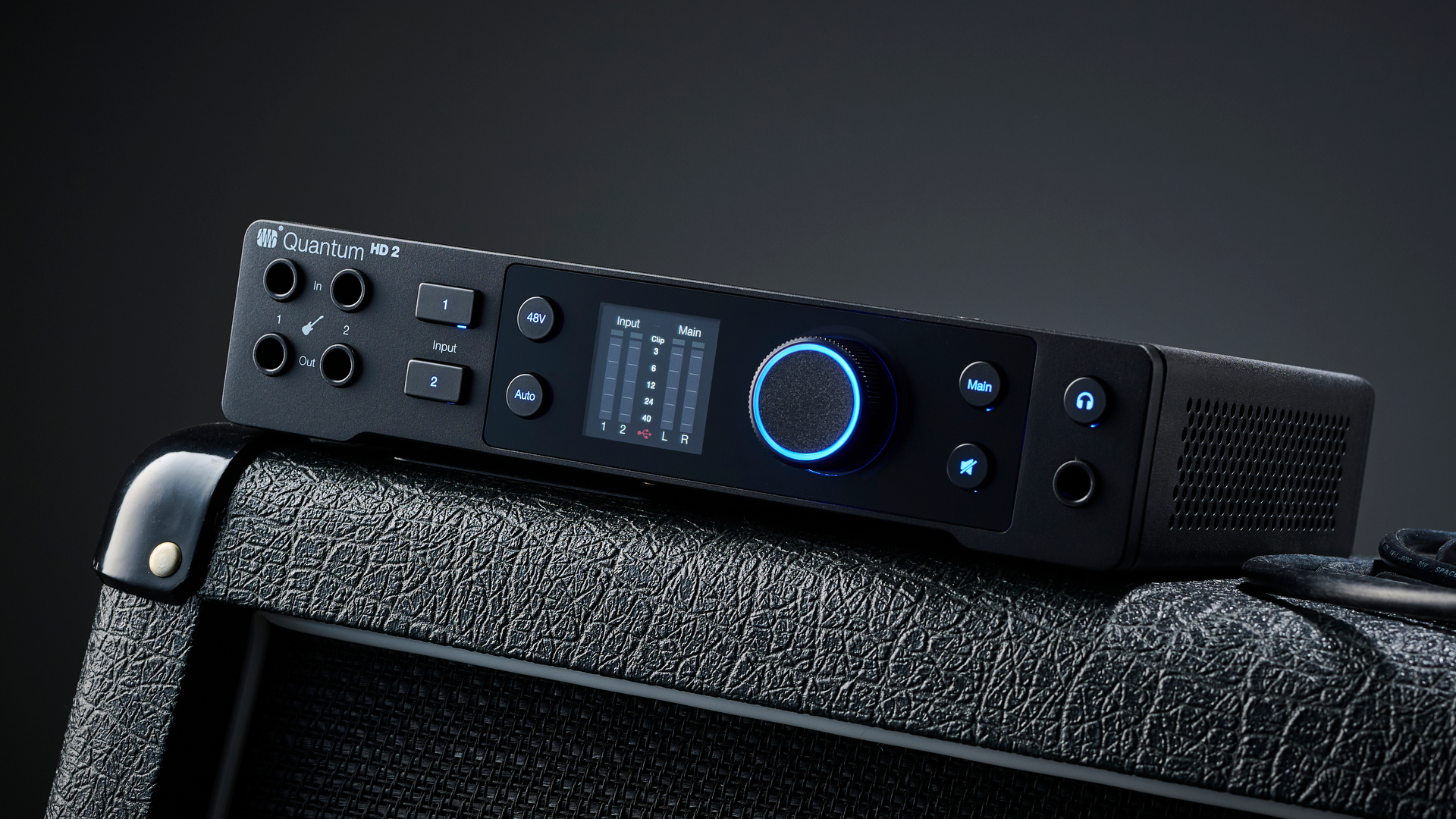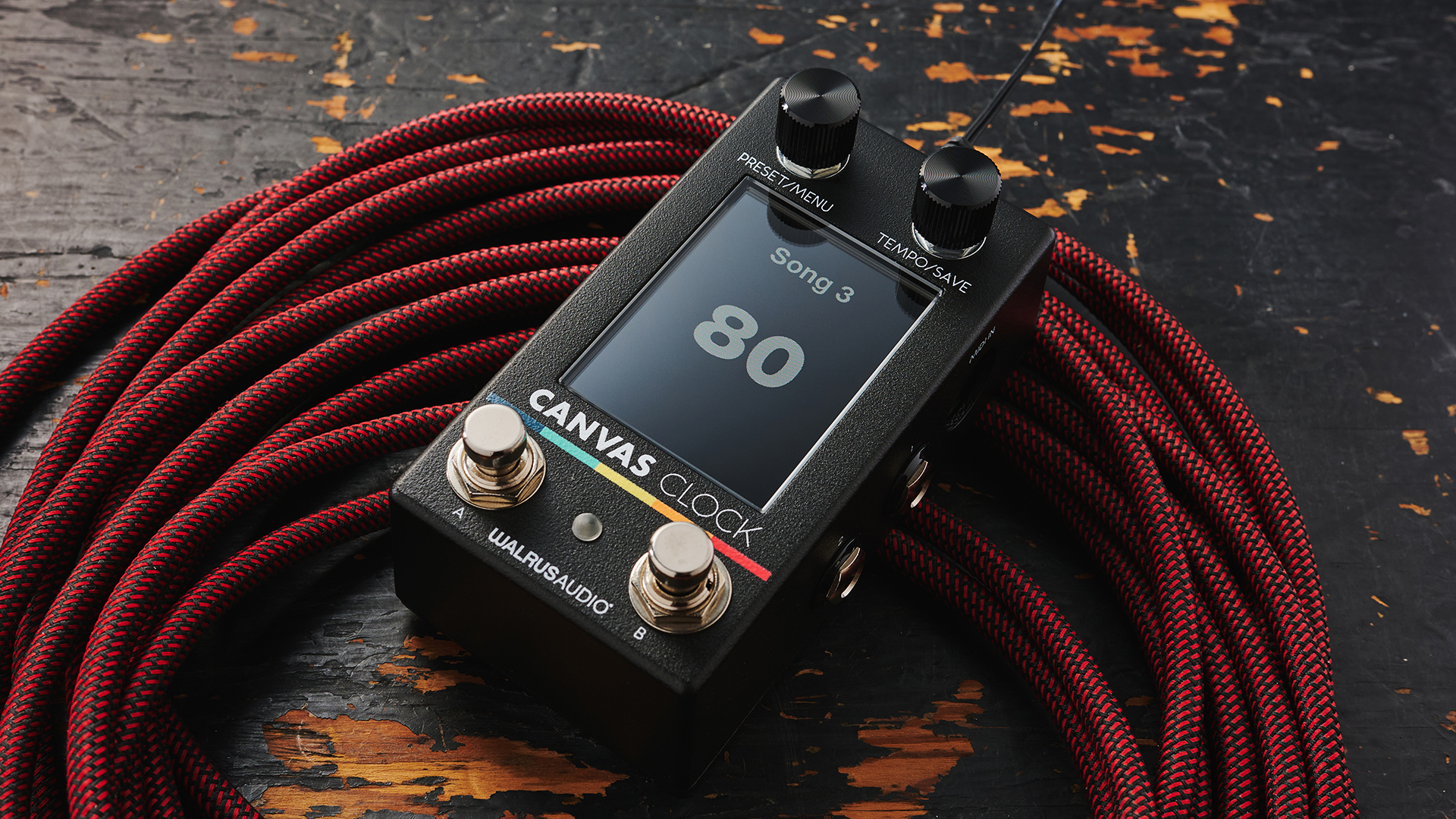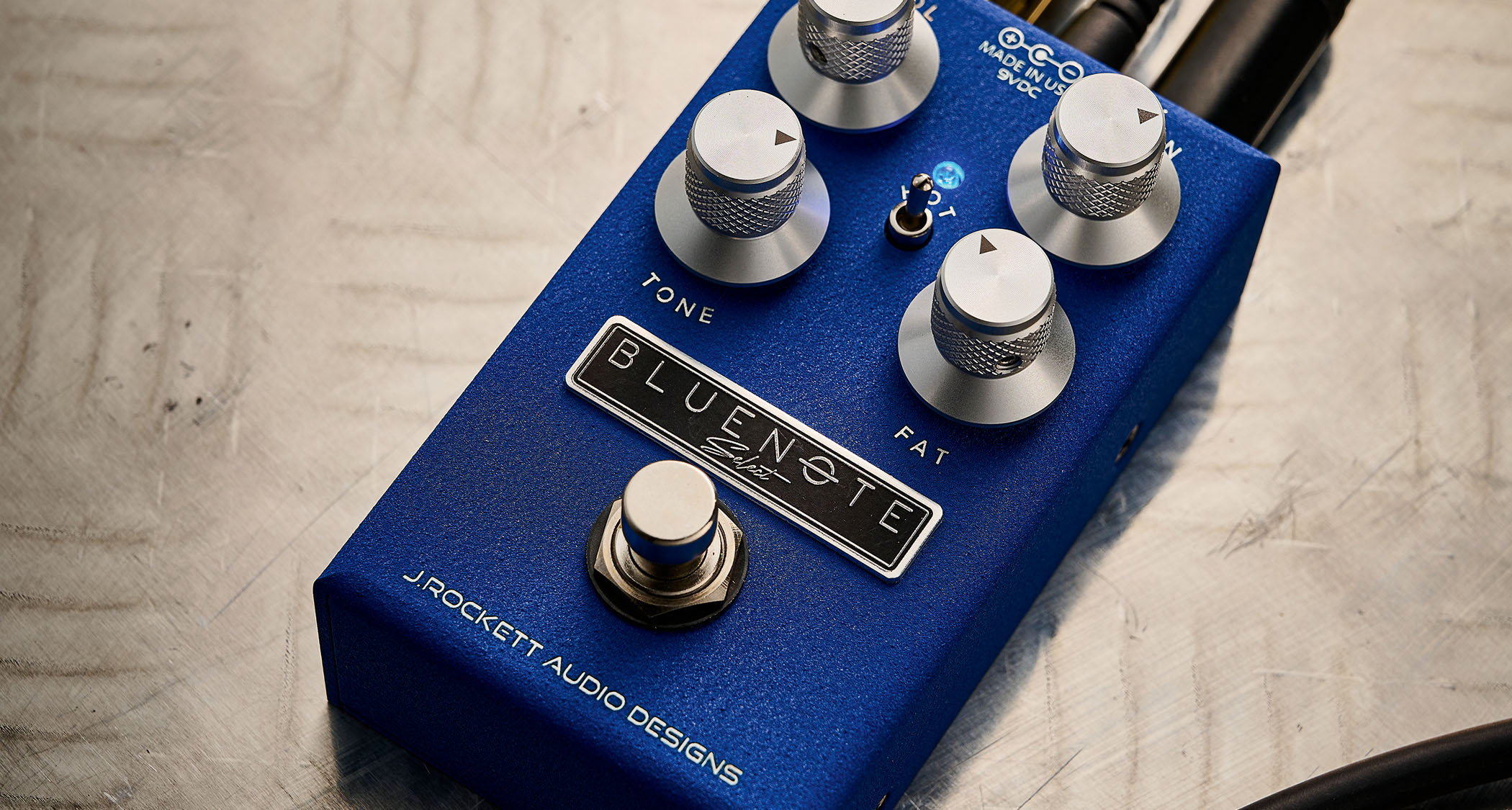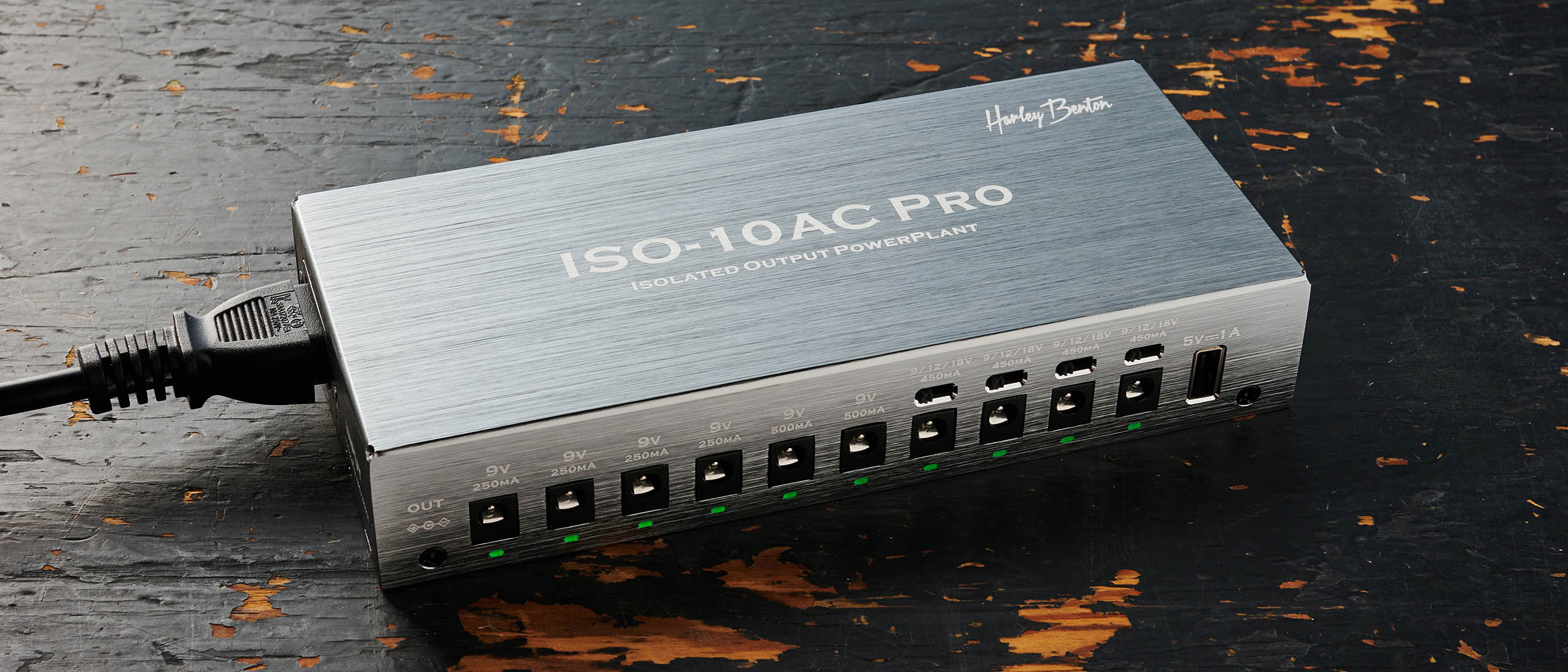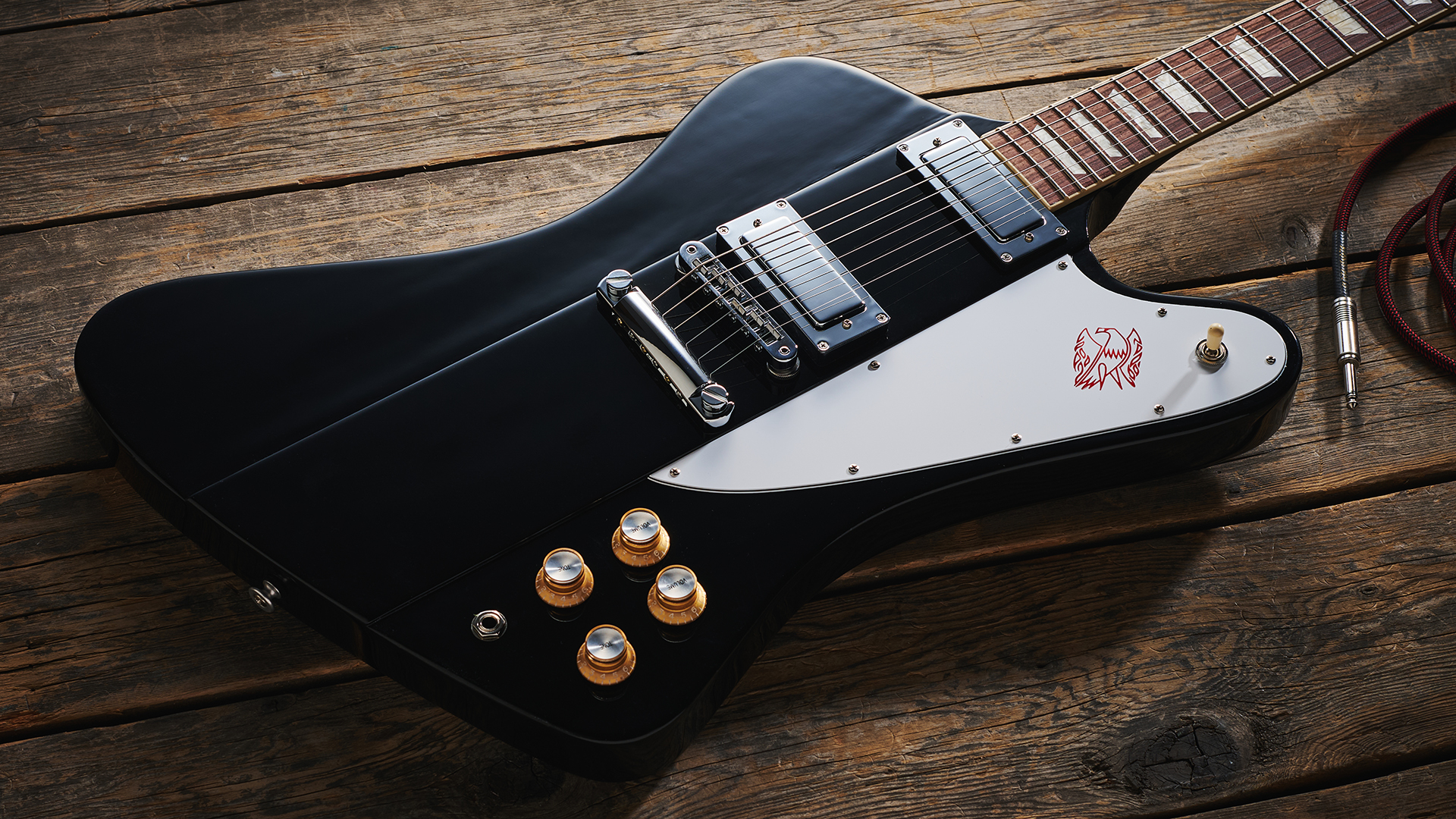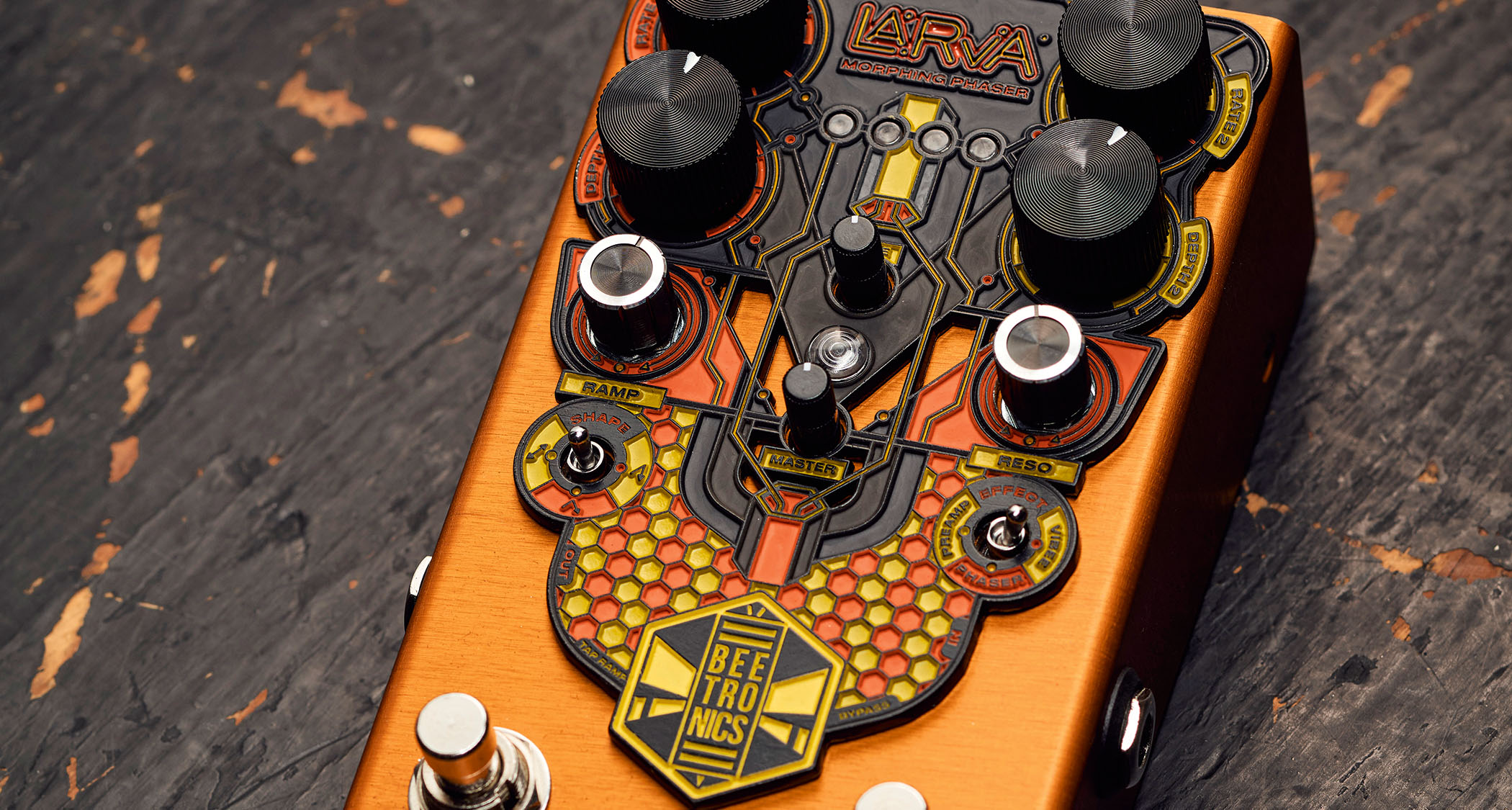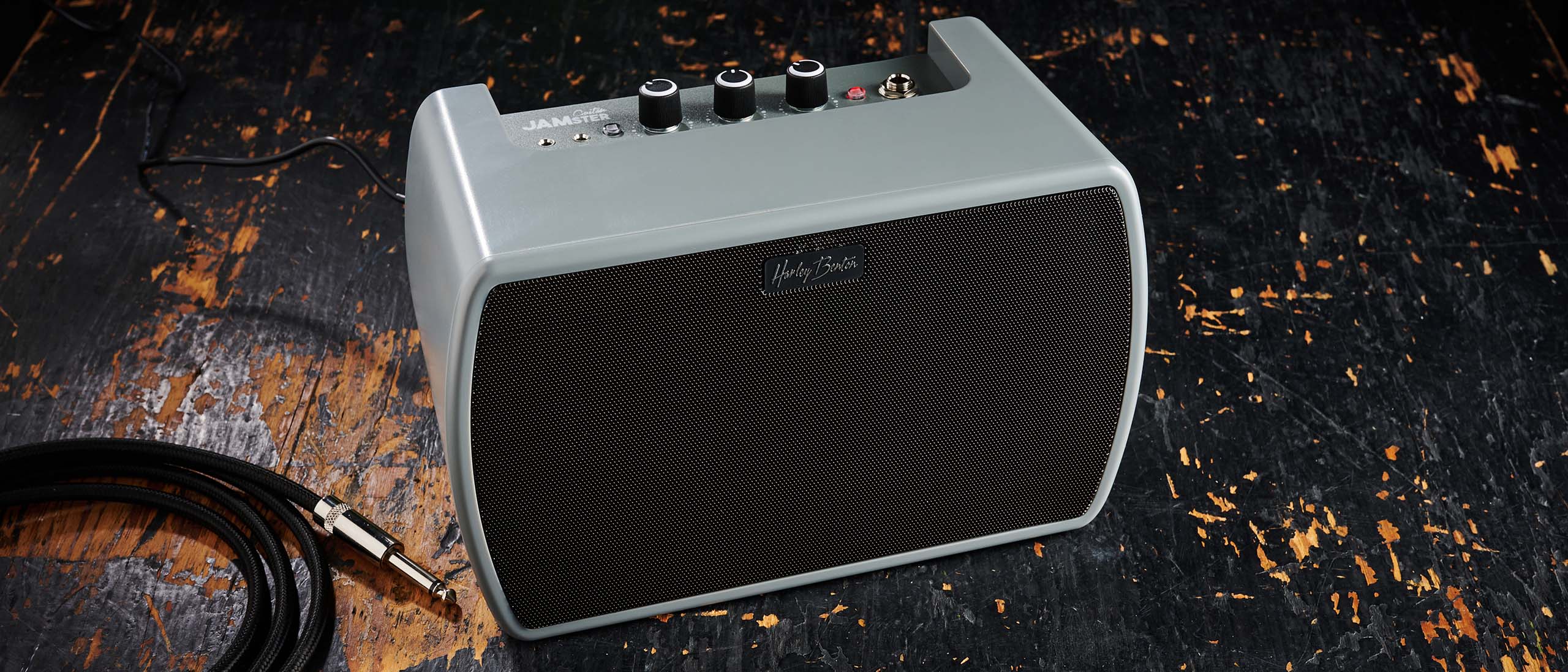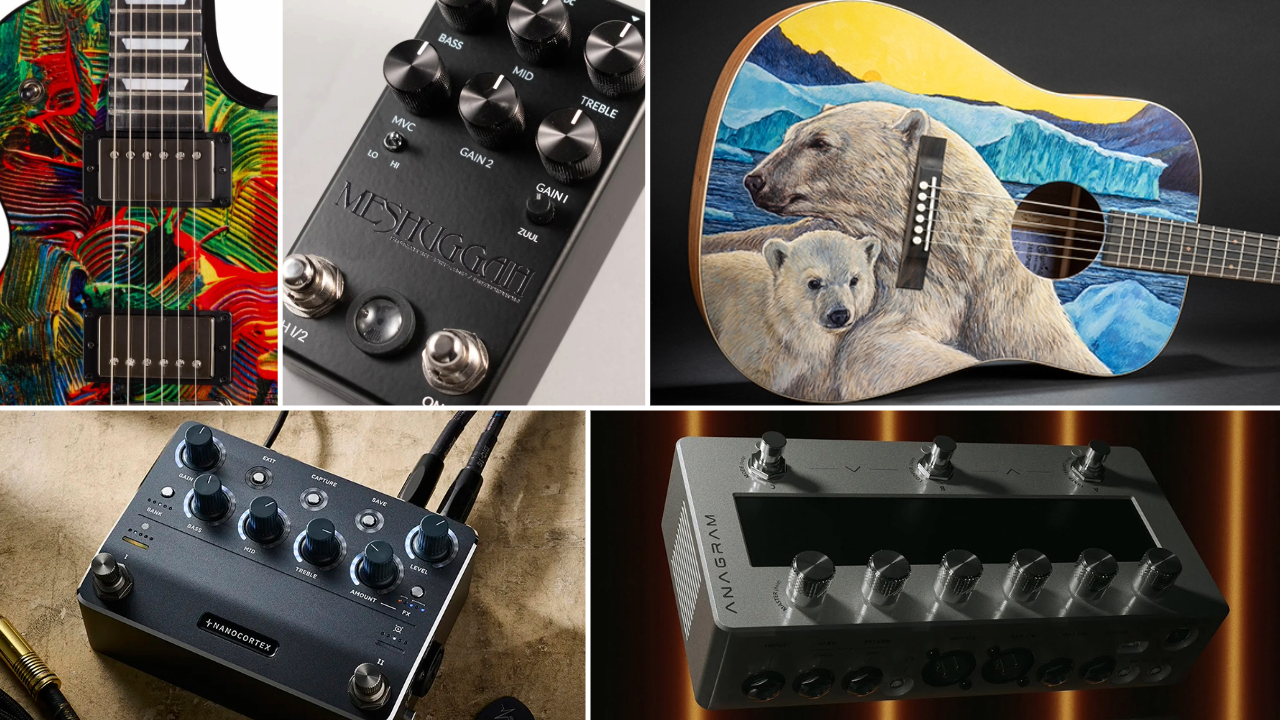Guitar World Verdict
A fully featured amp with the versatility to cover any low-end occasion.
Pros
- +
Covers a lot of ground, tonally speaking.
- +
Player-friendly design.
- +
Well-voiced overdrive.
Cons
- -
The footswitch doesn't cover all the various switching options.
You can trust Guitar World
The 800RB is a significant reference point in bass amplification, finding its way into many session and touring players’ rigs. Bob Gallien designed that amp and is now responsible for the design features found in this new Legacy range.
With its solid-state Class D architecture, this 800-watt model - 500 and 1200-watt versions are also available - is easily transportable due to its dimensions and weight, clocking in at a very reasonable 2.6 kilograms (5.7 lbs). With a feature-laden front-end, footswitch and cable - supplied for use with the Overdrive function - and avariety of cabs on hand, we got down to business...
Build quality
Housed in a rugged metal casing, the amp is a little wider than many Class D units you may have seen in recent times but it is still well-sized to make it gig bag friendly. With two side-mounted fans and venting on the other side, overheating shouldn’t be an issue and the inclusion of the rack handles at the front offer the control set some protection, as well as improving the handling of the unit.
The biting, solid tone that GK are well-known for is clearly present, but the amp is easily adjusted to produce a rounder, warmer tone if that is your preference
The control layout is clear and well-ordered, making adjustments very easy and intuitive. The four-band EQ, comprising Bass (+/-10dB at 60Hz), Lo-Mid (+6dB/-10dB at 250Hz), Hi-Mid (+6dB/- 10dB at 1kHz) and Treble (+/-14dB at 7kHz), offers plenty of tonal adjustment, while the Drive section offers some distorted color once the Overdrive switch is brought into play.
A series of five LED indicators show if the amp is in standby mode, is suffering ‘over temperature’ or ‘over current’ issues, or is clipping due to excessive input level; this can be moderated using the Trim control. Switches for Edge, Bump, Contour and Presence all affect the low, mid and high frequencies in different ways, allowing further tonal options.
The rear of the unit features all of the input and output connections you would want to see from an amp of this calibre, including headphone and external media connections for private practice, and an impedance selector for dealing with differently rated cabinet combinations. So far, so good.
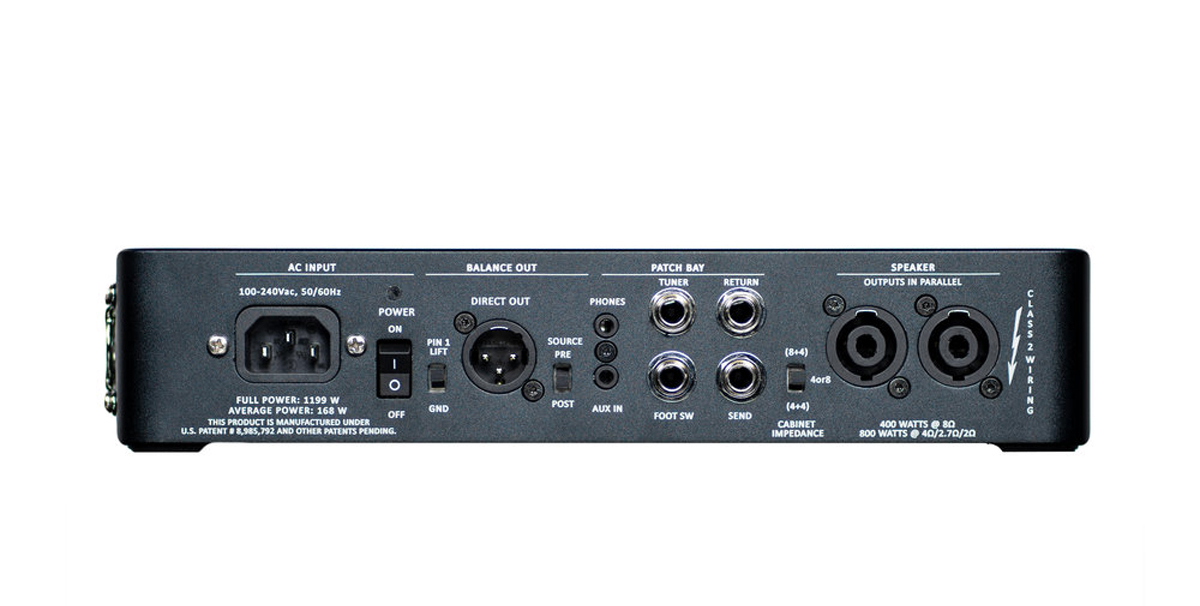
Sounds
Having connected the amp to several different bass cabinets, it becomes very apparent that this unit has a signature tone no matter which brand of cab or speaker configuration you prefer. The biting, solid tone that GK are well-known for is clearly present, but the amp is easily adjusted to produce a rounder, warmer tone if that is your preference.
The mid-EQ section has a flexibility thatprojects your bass tone with punch and power, especially when using 12” and 15” speaker formats. Having said that, the bottom-end response sounds tight and trim without any flabbiness,which makes creating a bass tone relatively easy.
Tone filter switches provide some clarity and improved projection when playing fingerstyle, and add a significant bite when playing with a pick
The Overdrive feature is well-voiced, without being overly excessive but adding a highly usable saturation with fizz and color should you need it. This applies to passive and active instruments, although you may find that a passive bass will benefit markedly from the additional tone filter switches. These provide some clarity and improved projection when playing fingerstyle, and add a significant bite when playing with a pick.
Slap players will approve of the high-end sizzle on offer, and ifyou’re playing through a tweeter- or horn-equipped cabinet, the glassy response - if required - is backed up with a solid mid-platform. If you prefer a bottom and top-heavy signal, the midrange can be manipulated to provide the mid-scoop favored by slap players.
Alternatively, you may prefer to set the EQ to suit your standard playing style and then use the Contour switch to provide a slap tone. Sadly, the footswitch can’t be used to call upon this feature - it can only be applied to the Overdrive function.
Conclusion
Gallien-Krueger have certainly come up with the goods with this amp - the fact that it is so player-friendly is a credit to their design. I was impressed with how well it lent itself to so many different basses, played in different styles. It will definitely appealto many players who need a single amp to cover as muchtonal ground as possible.
At this price, there is naturally a lot of competition - but the Legacy 800 amp is well-placed to find itself a part of many setups. Having used the amp on several gigs, I can verify its performance in a band setting, and its ease of use and flexibility make it a real winner.
Specs
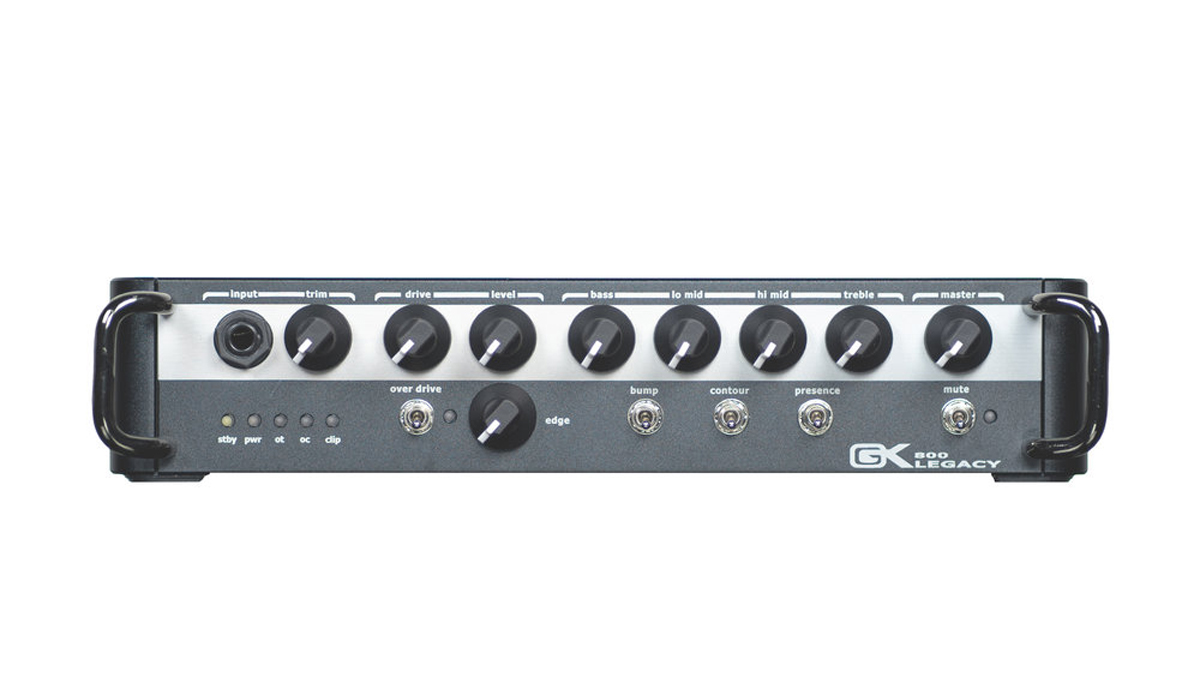
- Price: £850, $899, €999
- Made in: USA
- Power: 400 watts at 8 ohms, 800 watts at 4 / 2.7 / 2 ohms
- Features: ¼” input socket, Trim, Drive, Level, Bass, Lo-Mid, Hi-Mid, Treble, Master, Overdrive switch, Edge, Bump switch, Contour switch, Presence switch, Mute switch, Pin 1 Lift/Ground switch, Balanced DI XLR output socket, Source Pre/Post switch, 3.5mm headphone out, 3.5mm aux in, ¼” tuner socket, ¼” footswitch socket, 1/4-inch jack Send/Return sockets, Cabinet Impedance selector switch, 2 x Speakon output sockets
- Dimensions: H 61 x W 291 x D 271mm / H 2.4” x W 11.5” x D 10.7”
- Weight: 2.6kg / 5.7 lbs
For more information, head to Gallien-Krueger.
“Our goal is to stay at the forefront of amplification innovation”: How Seymour Duncan set out to create the ultimate bass amp solution by pushing its PowerStage lineup to greater heights
“It’s a game-changer for me”: Laney and Nathan East team up for a versatile signature bass head that ends a 40-year wait for the session legend
